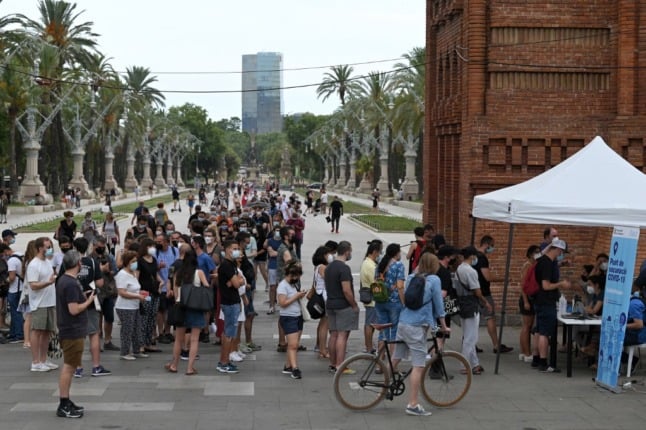The vaccine was cleared for emergency use in the United States on Saturday, February 27th, becoming the third available vaccine there.
The single-shot vaccine is highly effective in preventing severe Covid-19, including against newer variants, the Food and Drug Administration (FDA) said before giving it the green light.
French Industry Minister Agnes Pannier-Runacher told France 3 television that the European Medicines Agency (EMA) was also evaluating information transmitted by the US pharmaceuticals company.
An EU approval in early March would allow the vaccine to be rolled out in late March or early April, she said, adding this was “good news” because it offers protection with a single shot in contrast to other vaccines requiring two.
She said it was possible that a booster shot was needed later “but we can’t be sure yet”.
The EU hoped to receive 600 million doses of the vaccine by the end of
June, she said.
France has so far vaccinated 1.5 million people, the minister said. By June all 15 million people belonging to the country’s most vulnerable population segments will have been vaccinated, she added, acknowledging however that reaching that target might require a faster vaccine rollout.
In large clinical trials, the J&J vaccine’s efficacy against severe disease
was 85.9 percent in the United States, 81.7 percent in South Africa, and 87.6 percent in Brazil.
The J&J shot appears less protective than Pfizer and Moderna’s two-shot regimens, which both have an efficacy of around 95 percent against all forms of Covid-19 from the classic coronavirus strain.



 Please whitelist us to continue reading.
Please whitelist us to continue reading.
Member comments